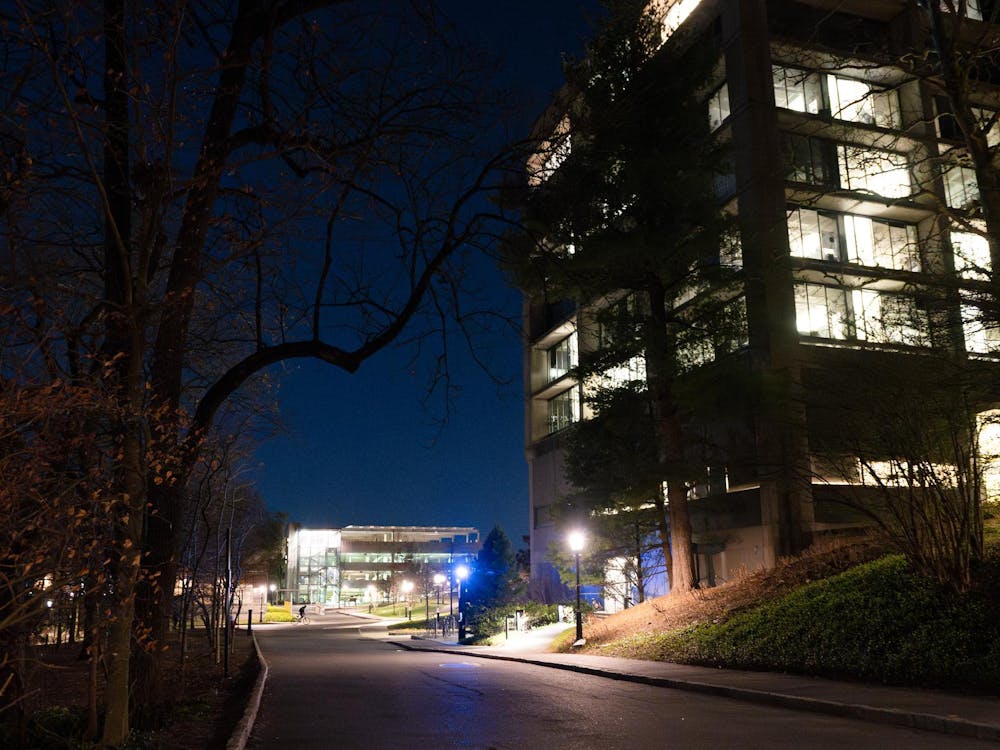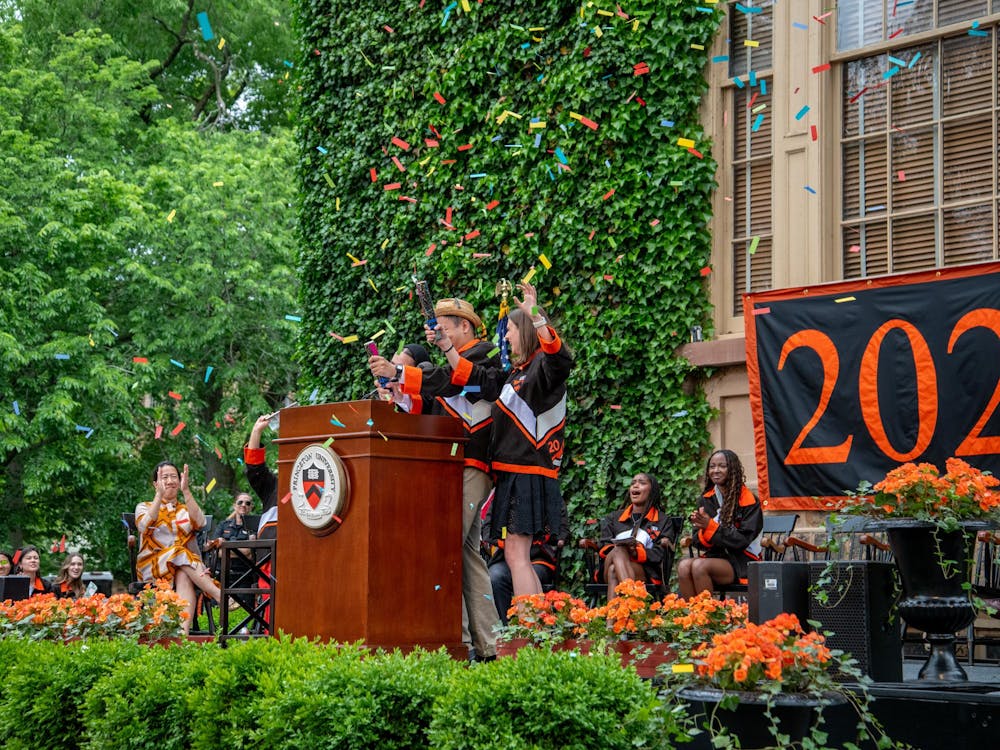The contrast with the present could hardly be sharper. More than two million veterans have returned from serving in Iraq and Afghanistan. Four of them are enrolled at Princeton. Sadly, it’s not hard to see why. When asked by the Bloomberg reporter about Princeton’s policies, our spokesperson replied that we have “no prohibition against veterans and we encourage and consider their applications like all others.” The University that serves our nation and all others doesn’t forbid veterans to apply. Think about that for a moment. If you were a veteran, would this policy make you feel welcome?
Princeton’s actions speak even louder. The University has declined to take part in the Yellow Ribbon program for undergraduates. This offers matching funds to universities that supplement the payments of the GI Bill for enrolled students. (Full disclosure: My son, a veteran, is currently enrolled in a post-bac program, and the GI Bill and Yellow Ribbon Program cover the bulk of his expenses.) Princeton participates in the Yellow Ribbon program for graduate students. But as our spokesperson explained, since Princeton meets “the full assessed need of all qualifying” undergraduates, it doesn’t need to set aside Yellow Ribbon places for veterans in the freshman class.
I’m sure that any veteran who gains admission to Princeton will receive plenty of aid — enough to make it possible for him or her to study here. But that’s not the point. Establishing a Yellow Ribbon program at a top college means more than taking advantage of a government offer. It shows that the university actively encourages veterans to apply. That, I’m sure, is why a number of our sister schools — including Harvard and Yale, both of which have aid policies that rival ours for generosity — have agreed to offer the program to undergraduates. Columbia has 459 enrolled veterans, Harvard 250, and Yale, though it has attracted many fewer veterans than Harvard, offers 50 Yellow Ribbon places and is engaged in outreach. Sure, we’d be happy to take a few more veterans and give them scholarships. But so long as we don’t make clear that we want them — and a Yellow Ribbon program is a simple, direct way to do that — we can coast on, secure in the knowledge that only a handful will break into the bubble.
I wish Princeton would reverse its decision. I’d be even happier if we took a little of the vast wealth that generations of Presbyterian financial geniuses have accumulated and built a program of our own designed to attract veterans in some numbers. And it’s not simply our enormous collective debt to America’s veterans that makes me think that we’re treating them pretty shabbily at the moment.
Having more veterans on campus would be good for all of us. The student body would become more diverse: It would almost certainly bring in more people from relatively low-income families, which has long been one of our goals, and more people outside the 18-22 age cohort, which — as my friends at flagship state universities assure me — makes their classes challenging in ways we don’t experience here.
The older teachers I knew as an undergraduate still looked back to the late forties as the most exciting time they had ever had in the classroom, when veterans mixed with undergraduates of normal age. They regretted the regression to normal life that took place when the wave of older students had passed through. We too could have a student body, some of whose members have demonstrated that they have the skills to run incredibly sophisticated equipment and who have been responsible for human lives. And it would make a difference. Years ago, a colleague of mine taught a junior seminar on the history of war. After some weeks of discussion dominated by a small number of people, a small, quiet male student spoke up: “When I was a sergeant in the Gulf War,” he remarked, “we didn’t do it that way.” The others fell silent as he talked briefly and substantively about what he had seen. Suddenly war was much closer, and much more real, to everyone in the room than it had been when they depended solely on their readings. Discussions became more searching, and the human consequences of military action more visible. Everyone learned a huge amount. I would love to see a few more of the airy towers of theory that we create in Princeton seminars questioned, challenged and knocked down and recruiting veterans could help make it happen.
Education of the kind my friend watched happening at Princeton — encounters between people with different experiences and views of the world — is what we’re supposed to be offering here. Offering Yellow Ribbon benefits to potential undergraduates, and supporting successful applicants well once they arrived, would be a good way to do that. At the same time, it would make our motto mean more than it does at present. It’s time to tie some yellow ribbons around the necks of those bronze tigers.
Anthony Grafton is the Henry Putnam University Professor of History. He can be reached at grafton@princeton.edu







